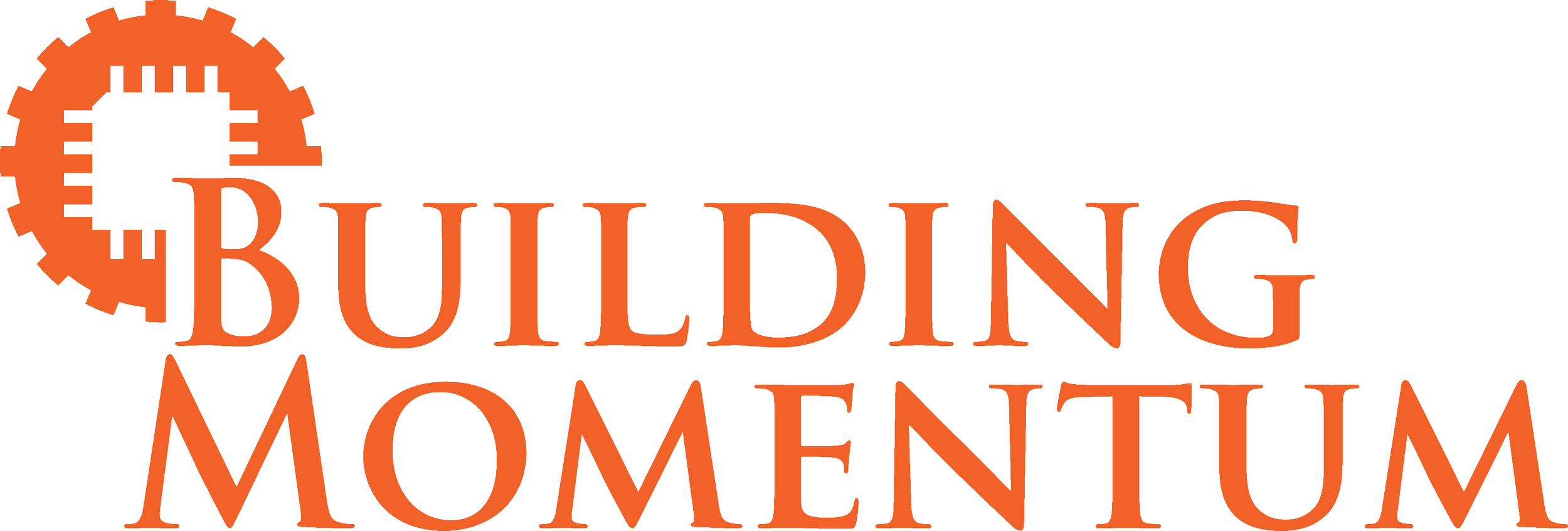Innovation Boot Camp


Innovation Boot Camp
Abstract
Innovation Boot Camp is Building Momentum’s flagship practical technologies for problem-solving training. Created from experience on battlefields, disaster zones, and production lines, Building Momentum experts teach hands-on rapid solution development and field prototyping using the tools and technologies of today.
Course Content
Additive Manufacturing
Computer-Aided Design
3D Material Science
Coding
Robotics
Wireless Communication
Rapid Prototyping
Basic Electronics
Systems Integration
Team Building
Challenge Based Creative Problem Solving
Additional Course Information
Prerequisites:
There are no prerequisites.
Technologies Considerations:
Building Momentum will provide a laptop for the course
You are welcome to bring your system. It must meet Fusion 360 system requirements (LINK)
Audience:
Innovation Boot Camps are for DOD professionals and anyone looking to grow and improve their creative problem-solving skills with 21st-century technologies.
Location:
The Innovation Boot Camps are held in Building Momentum's state-of-the-art classrooms at The Garden.
Schedule:
Innovation Boot Camps run from 0800 - 1800, Monday through Friday.
Contact:
Want to book over the phone? Please call (571) 275-5845
Want to purchase your seat through GSA Advantage? Book through GSA here!
Additional Information: Email training@buildmo.com
Course Outline
Monday
3D Printing 101 - 103
CAD 101
Tuesday
Electricity 101
Microcontrollers 101
CAD 102
Wednesday
Paketizing Electronics 101
Microcontrollers 102
Thursday
Wireless Communication 101
Capstone Exercise
Friday
Capstone Exercise
Cancelation Policy
Full refund when canceled seven days before the event. No money will be refunded, when canceled within seven days of the event. Build Mo reserves the right to cancel any event up to ten days before the date of the event. Courses must have a minimum of four students for Build Mo to operate.
Upon completion of The Innovation Boot Camp, students should be able to:
Identify up to four different additive manufacturing techniques and list their advantages and disadvantages.
Describe the components, operation, and routine maintenance of an extrusion 3D-Printer.
Successfully assemble and operate an extrusion 3D printer to manufacture unique or open-source parts.
Recommend suitable 3D printer filament material for specific environments, and problem sets based on its properties.
Prepare and 3D print any suitable file, personally generated or open source, to meet a specific time requirement or desired part characteristics.
Implement troubleshooting techniques specific to an extrusion 3D printer.
Design unique 3D parts and 2D sketches using Computer-Aided Design (CAD) software (Fusion 360).
Implement CAD expertise to re-engineer, modify, and improve existing 3D components.
Explain a fundamental electronic circuit and provide examples for specific components focusing on practical engineering.
Prototype functional buttons and switches using everyday household items.
Operate a multimeter to measure a rudimentary circuit's voltage, amperage, and resistance.
Select, charge, discharge, and safely maintain batteries of various chemical compositions appropriately.
Illustrate how to ruggedize and packetize electronics to protect sensitive equipment from austere environments.
Successfully utilize a soldering iron to connect wires, through-hole, and surface mount components to Printed Circuit Boards (PCBs) while maintaining the integrity of the circuits.
Define the characteristics and provide practical uses of microcontrollers.
Develop beginner to intermediate robotics and sensor platforms using the contents of the Building Momentum Superkit.
Identify the key differences between the Arduino Uno, Arduino Mega, and Arduino Nano microcontrollers and know when best to use them.
Recommend appropriate analog and digital sensors for microcontroller projects.
Identify valuable resources and communities to query when in need, such as Arduino reference, Github, and Stack Overflow.
Explain the Arduino coding language sketch structure, syntax, variables, functions, conditional statements, etc.
Develop and test unique Arduino code employing libraries.
Prototype microcontroller solutions with advanced peripheral hardware such as Accelerometers, OLED displays, SD cards, GPS modules, etc.
Configure and test the functionality of various XBee radios using the XCTU software.
Develop custom point-to-point wireless sensor networks using Commercial Off the Shelf (COTS) components.
Discuss the fundamentals of Radio Frequency (RF) equipment and theory.
Engineer resolutions to unique and challenging situations using practical problem-solving skills in austere environments
